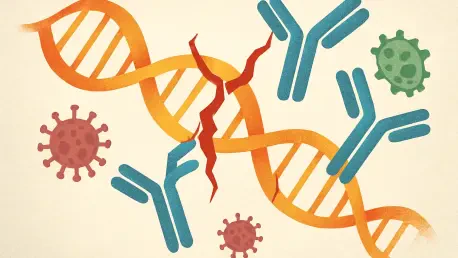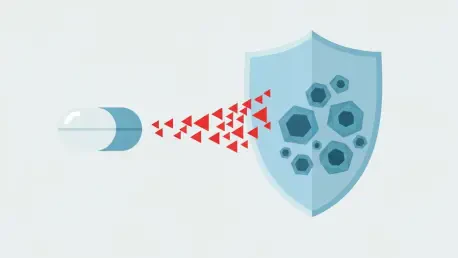
The cutting edge of cancer treatment often involves a delicate and high-stakes balance between revolutionary efficacy and severe, sometimes fatal, side effects. This reality has been starkly highlighted as a pivotal late-stage clinical trial for a promising new cancer therapy, ifinatamab deruxtecan

A landmark $2.6 million investment from the Breast Cancer Research Foundation is set to catalyze a new era of scientific breakthroughs, empowering seven leading researchers at the prestigious Cancer Consortium to pursue some of the most complex and urgent questions in oncology. This strategic

A state-of-the-art biologic drug, meticulously designed to fight a specific disease and carrying a price tag that can exceed several hundred thousand dollars, inexplicably fails in a patient who seemed a perfect candidate for the treatment. This frustrating scenario, long a puzzle for clinicians,

For millions of Americans navigating the annual health insurance marketplace, the stark reality of rising premiums forces a difficult calculation between financial solvency and physical well-being. This yearly ritual has become a high-stakes balancing act, where the allure of a lower monthly

Long before a name is forgotten or a memory fades, a silent war is waged within the brain, and a new pharmaceutical weapon may have just arrived to fight it on its own terms. This battleground, previously invisible, is now the focus of groundbreaking research from Northwestern University, where

We are joined today by biopharma expert Ivan Kairatov to discuss a groundbreaking development in the fight against a virus that over 80% of the global population carries, often without a clue: human cytomegalovirus, or HCMV. While dormant for most, this stealthy pathogen poses a life-threatening